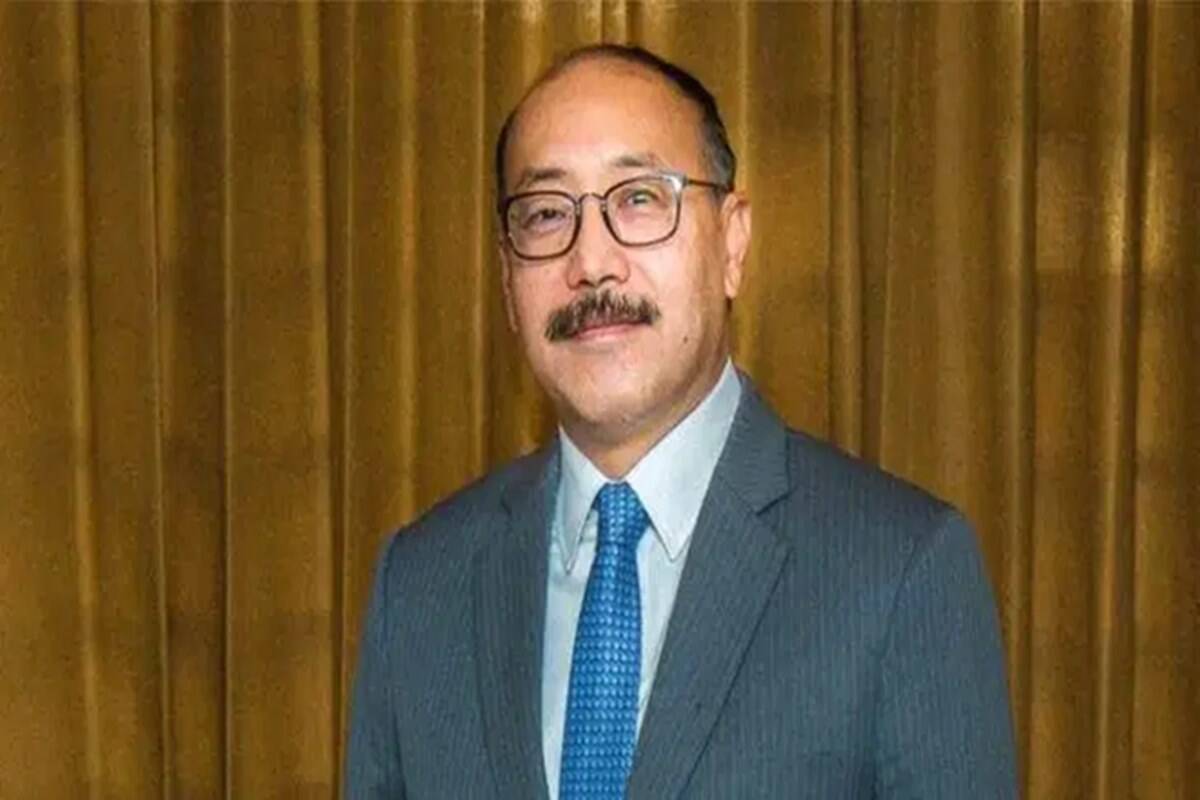India has always stood by Maldives: Jaishankar
External Affairs Minister S Jaishankar on Friday said India has always stood by the Maldives, adding the Indian Ocean archipelago is a concrete expression of New Delhi's ''Neighbourhood First'' policy.
The Indian diplomat said the pandemic demonstrated like few other events could, the importance of India’s capacity to mount HADR (Humanitarian Assistance and Disaster Relief)

Foreign Secretary Harsh Vardhan Shringla Photo: Twitter
with an ever increasing battery of threats and uncertainties, the Indian Ocean Region will face an increasingly complicated, rapidly evolving, and more demanding security situation, requiring the navies, the coast guards and the maritime security agencies of this region to do more together, Foreign Secretary Harsh Vardhan Shringla said today.
“India stands ready and willing to do its share – and more – in tackling these problems. We cannot anticipate each and every problem that will arise. We can, however, work on strengthening the structures, the understandings, the procedures, and the resources that are deployed. This will enable us to better manage known problems. It will also enable us to create a “surge” capacity to deal with the unknown,” he said at the Goa Maritime Conclave on ‘Maritime Security and Emerging Non-Traditional Threats: A Case for Proactive Role for IOR Navies’
Advertisement
He noted that the blue economy potential of the region has, while creating opportunity and prosperity, generated vulnerabilities. Irresponsible fishing was damaging the region’s food security. “More commerce means more accidents. It means more pollution such as those caused by oil spills.”
Advertisement
Shringla observed that the blue economy supported an increased number of coastal economic and population centres. “Natural disasters can and do affect them. They also provide targets for terrorists, supported and encouraged by the resources of governments. Using the oceans to move and infiltrate, they threaten offshore and coastal assets. Such terrorists tend to combine with transnational criminals. These alliances escalate instability and violence levels exponentially,” he added.
Another set of challenges, according to him, arose from geopolitical volatilities. A lack of commitment to settled international law has led to an increased militarisation of the region. Militarisation always added to complexities.
The Indian diplomat said the pandemic demonstrated like few other events could, the importance of India’s capacity to mount HADR (Humanitarian Assistance and Disaster Relief) operations and assist each other. India has been called upon to respond to situations in its extended neighbourhood.
“This is a demonstration of solidarity with partners and of commitment to the principles of humanitarianism. India also believes that alleviating suffering is central to reducing insecurity and building trust and confidence in keeping with our philosophy of Vasudhaiva Kutumbakam, or the world is one family.”
He said India provided critical healthcare products, including vaccines, often in the face of daunting logistical challenges, to 150 countries. He drew attention to Prime Minister Narendra Modi’s recent announcement at the G-20 Summit that India planned five billion vaccines in 2022.
Advertisement